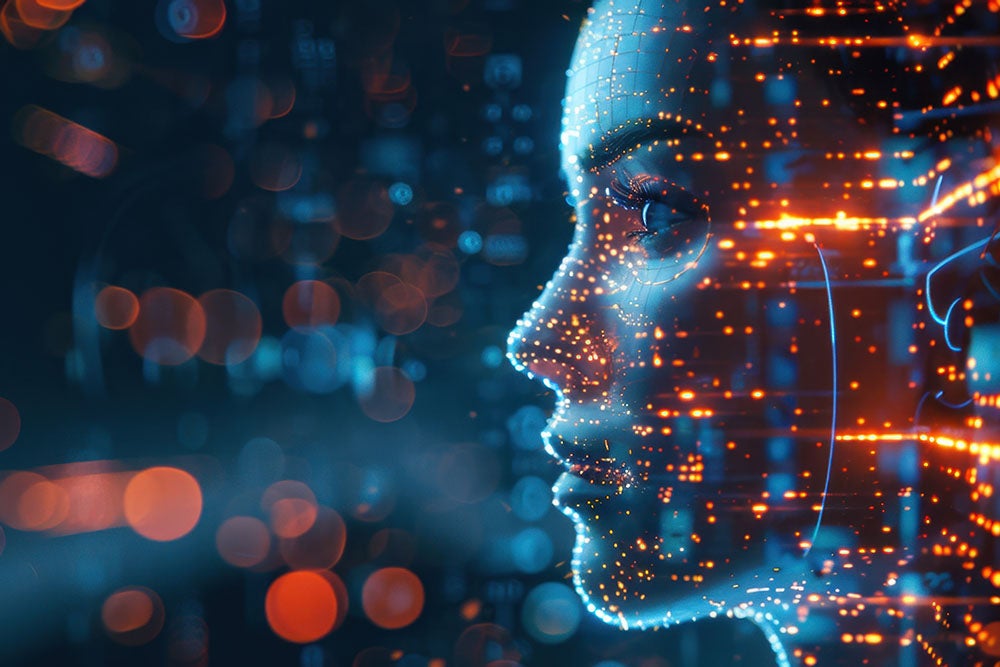In today’s fast-paced world, AI and chatbots are becoming essential tools across many fields, including the legal sector. I’ve seen firsthand how these technologies can make our work easier, faster, and more accurate. But even as we embrace AI’s many benefits, it’s important to remember that human connections and soft skills remain irreplaceable. Let me share a story that shows why developing these soft skills is still crucial.
Leveraging AI for Daily Work Tasks
At Boomi, we’re big on AI — and in fact, Boomi is a trailblazer. We have our own internal chatbot, which has significantly streamlined our processes. For example, it handles a large volume of routine inquiries, freeing up a lot of time for our teams to focus on more complex and strategic tasks. More importantly, it taps into our Boomi data source to ensure data accuracy.
Here’s a recent example. I was bogged down with numerous routine legal inquiries that were consuming a significant portion of my day. I asked our chatbot, and it literally generated appropriate responses within seconds! This capability allowed me to redirect those routine inquiries to the chatbot, freeing up my time to focus on high-value tasks like crafting strategic legal advice and engaging in more meaningful interactions with customers and team members.
AI’s Impressive Capabilities
There’s no doubt that AI and chatbots have changed the way we work and interact. Two areas that immediately spring to mind are:
- Rapid Data Processing: AI can analyze vast amounts of data in seconds, giving us insights and recommendations that would take humans much longer to figure out.
- 24/7 Availability: Chatbots are always there, ready to help us anytime, improving responsiveness and customer satisfaction. I often find myself asking ChatGPT a bunch of questions at random times, and it rarely fails me!
However, just because AI has the power to help us work faster and more efficiently, that doesn’t lessen the value of people.
The Irreplaceable Value of Human Soft Skills
From a young age, my father instilled in me a profound belief in the power of communication and smooth relationships as fundamental values to succeeding in life. He emphasized the importance of going beyond technical skills and knowledge. The ability to connect with others empathetically and build trust is invaluable.
Throughout my career, I have applied his wisdom, whether navigating complex negotiations or fostering team collaboration, prioritizing clear communication and cultivating positive relationships as a cornerstone of achieving mutual understanding and shared goals.
Coming back to the conversation on AI, I believe that besides the extensive benefits, there are areas where AI will continue to trail behind compared to human capabilities.
The Power of Empathy
Recently, I dealt with a customer who insisted that Boomi adopt their policies. For those in the SaaS space, this is a common challenge — balancing our standardized processes with unique customer policies. Adopting customer policies wasn’t feasible for us, but how we communicated this was vital to maintaining the customer relationship..
Out of curiosity, I used AI to draft a professional response. The AI-generated reply was polished and provided solid reasons why we couldn’t comply. However, it lacked empathy and didn’t consider the customer’s perspective.
Understanding the emotional weight behind the customer’s concern, I wrote a response acknowledging their needs and frustrations. I empathetically explained our position and highlighted the benefits of our standardized approach. The customer, feeling heard and understood, accepted our policies.
This experience reinforced my belief in the unmatched value of human soft skills. While AI provided an excellent foundation, it lacked the human touch that sealed the deal.
Context Is Key in Understanding Situations
The key word here is “understanding.” Without context, AI doesn’t grasp the nuances of a situation. Maybe it could eventually be trained to do so, but today, this is one area where humans are faster — and more trustworthy. Here are a few areas where I believe people have an advantage:
- Navigating Complex Situations: Humans excel in ethical judgment, cultural sensitivity, and contextual awareness. We can weigh multiple perspectives and foresee consequences, where human intuition shines.
- Building Trust: Trust is built through consistent, genuine interactions. While chatbots facilitate communication, we have to continue to foster deep trust amongst our teams and with our stakeholders.
- Team Dynamics: Creating a collaborative and supportive workplace culture relies on personal connections and tailored support. AI supports these activities but can’t replace the human touch needed for genuine personal development and team cohesion.
- Personalized Customer Care: As human beings, we often seek reassurance and relatability. Providing support that resonates on a personal level, especially during a crisis is where human professionals will excel.
Conclusion: A Balanced Approach
The future of the legal profession, and many others, lies in a balanced approach where AI and humans complement each other. While AI chatbots handle routine tasks and data analysis with great efficiency, human professionals must continue developing their soft skills to tackle the emotional, ethical, and relational aspects of their roles.
As we embrace AI, we cannot be complacent. We should continue honing our human soft skills, knowing that AI can’t. We must connect at a personal level, navigate complex ethical scenarios, and provide empathetic support. This balance ensures we leverage technology for greater efficiency while retaining the essence of what makes us uniquely human.
Is your organization AI-ready? Read our ebook, “AI and the End of Business as Usual” for useful information and a practical framework that you can use on your AI journey.

 English
English 日本語
日本語